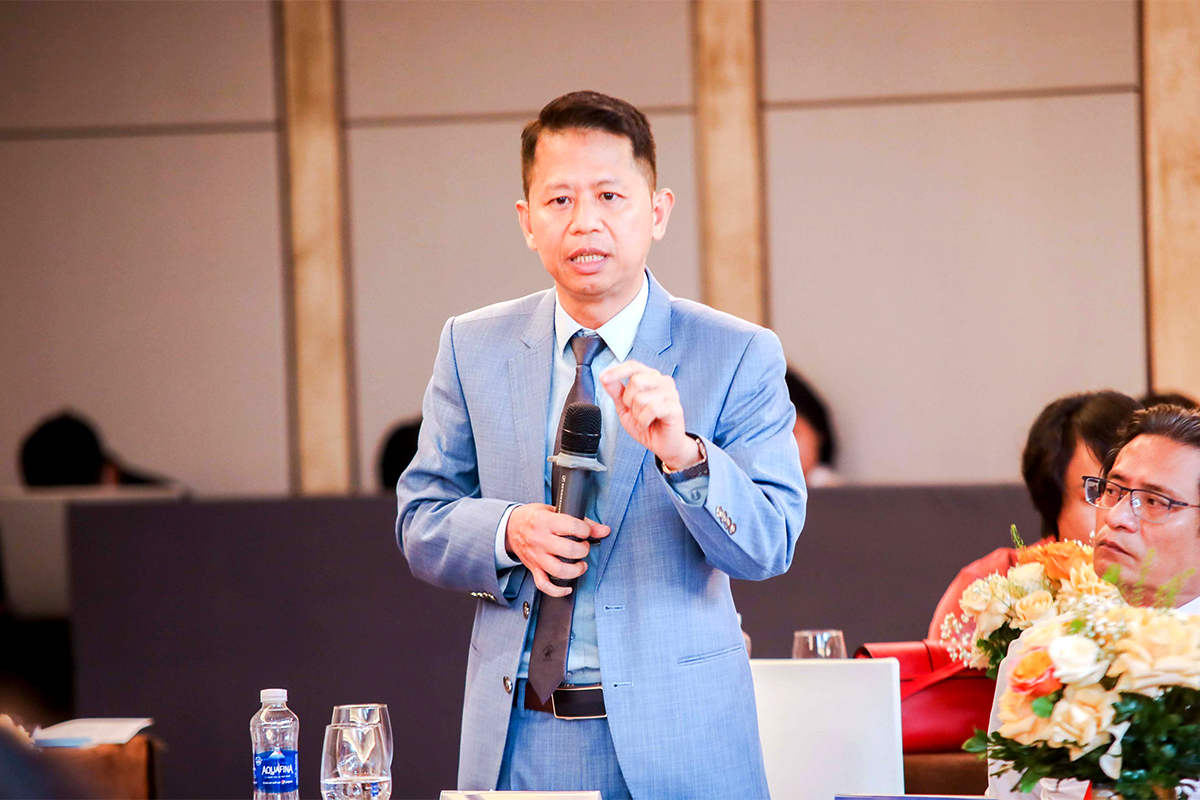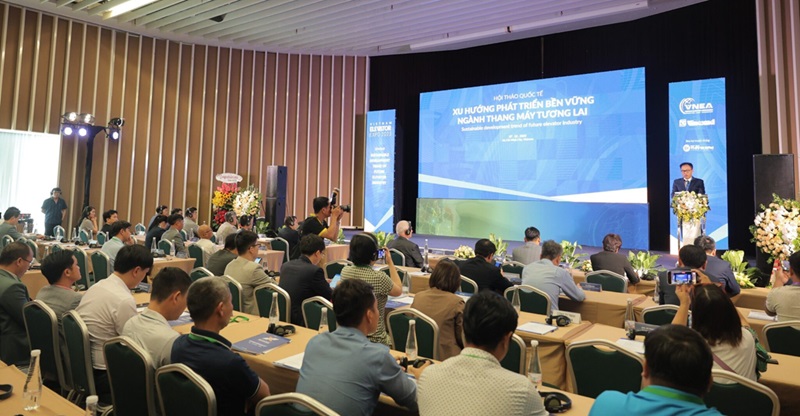TCTM – Representatives from agencies, departments, businesses, schools, etc. shared their enthusiasm about the development of human resources in the elevator industry. Let’s review the impressive content with Elevator Magazine.
Deputy Minister of Labor, War Invalids and Social Affairs Le Van Thanh: If the team of workers doing the installation, maintenance and repair work of elevators and escalators are those who have the skill level shown in Having professional qualifications, professionalism, industrial manners and professional ethics with national certificates of vocational skills not only helps to improve labor productivity, increase competitiveness, but also helps to reduce labor costs. minimize and avoid tragic accidents that cause unnecessary loss of life and property.
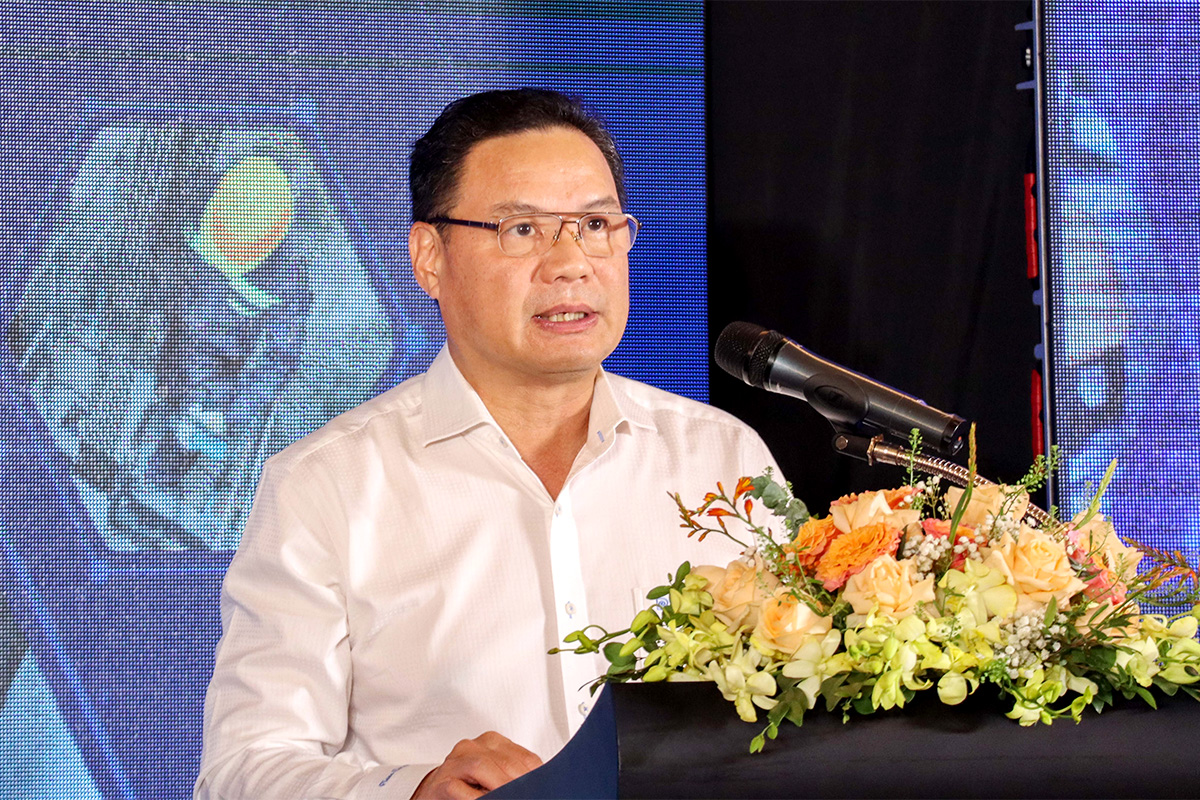
Chairman of the Vietnam Elevator Association (VNEA) Nguyen Hai Duc: Standards on human resources of the elevator industry need to be implemented urgently and comprehensively. The goal is for us to have a safe and quality workforce that can both improve productivity and be able to accept new technologies, participate in the global production and business chain, and not be dependent .
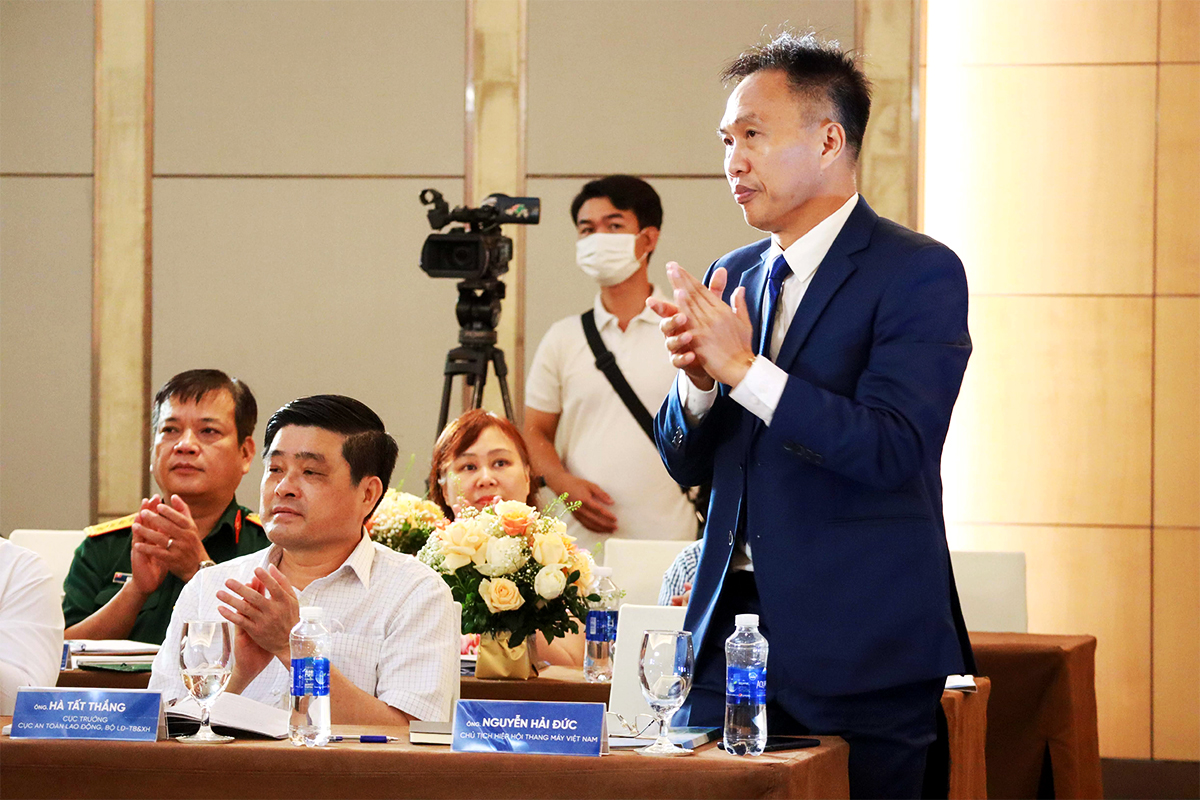
Ms. Vu Thi Binh Minh – Director of the Social Affairs Department, Office of the National Assembly: Suggest that the Vietnam Elevator Association have a mechanism to coordinate with state management agencies and service providers to assess the source of human resources operating in the field of elevators, with appropriate training solutions to meet the needs of socio-economic development. At the same time, contribute opinions on legal regulations related to elevators as an affected object to make the regulations feasible in practice.
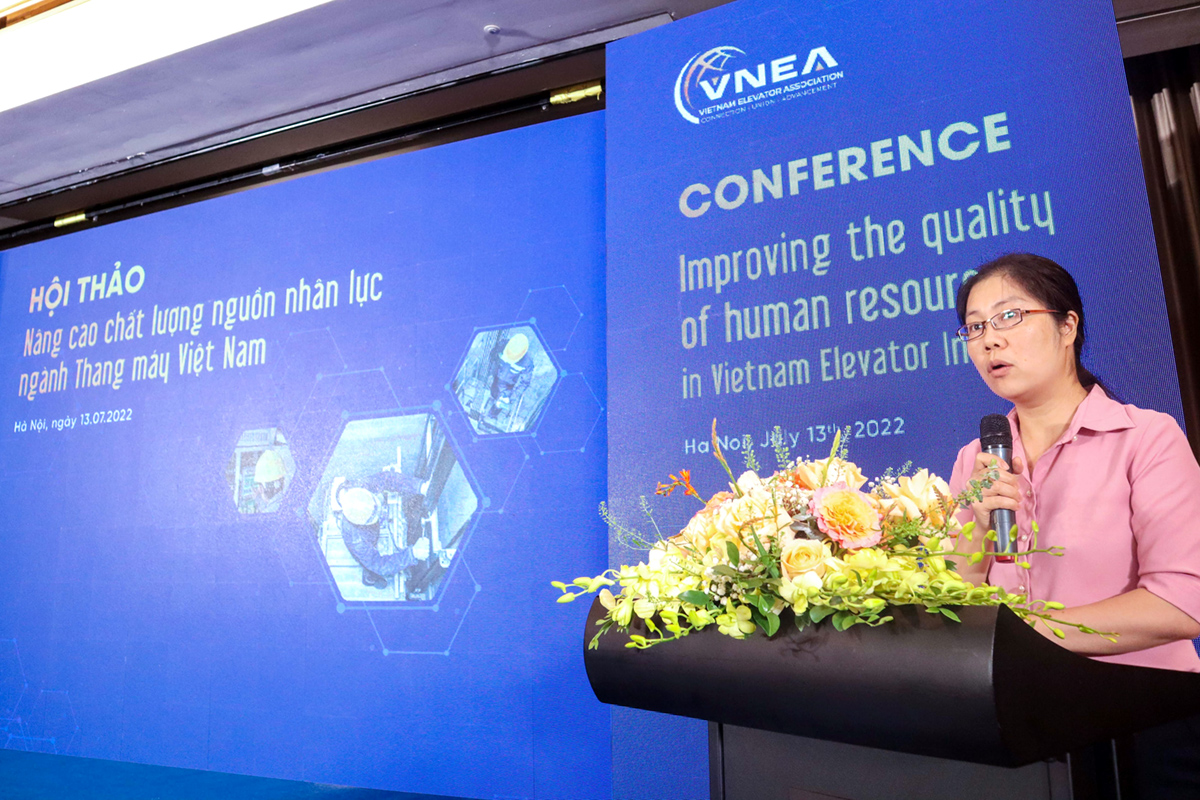
Ms. Ingrid Christensen, Director of the International Labor Organization in Vietnam (ILO): It is important to recognize which skills are needed today and more importantly, which skills are needed for the future. The training programs need to be updated and upgraded the qualifications of the lecturers and the system of facilities. Vocational trainees not only go to theoretical schools but also need a lot of practice. This is one of the main methods to improve human skills in Vietnam in general and the elevator industry in particular.
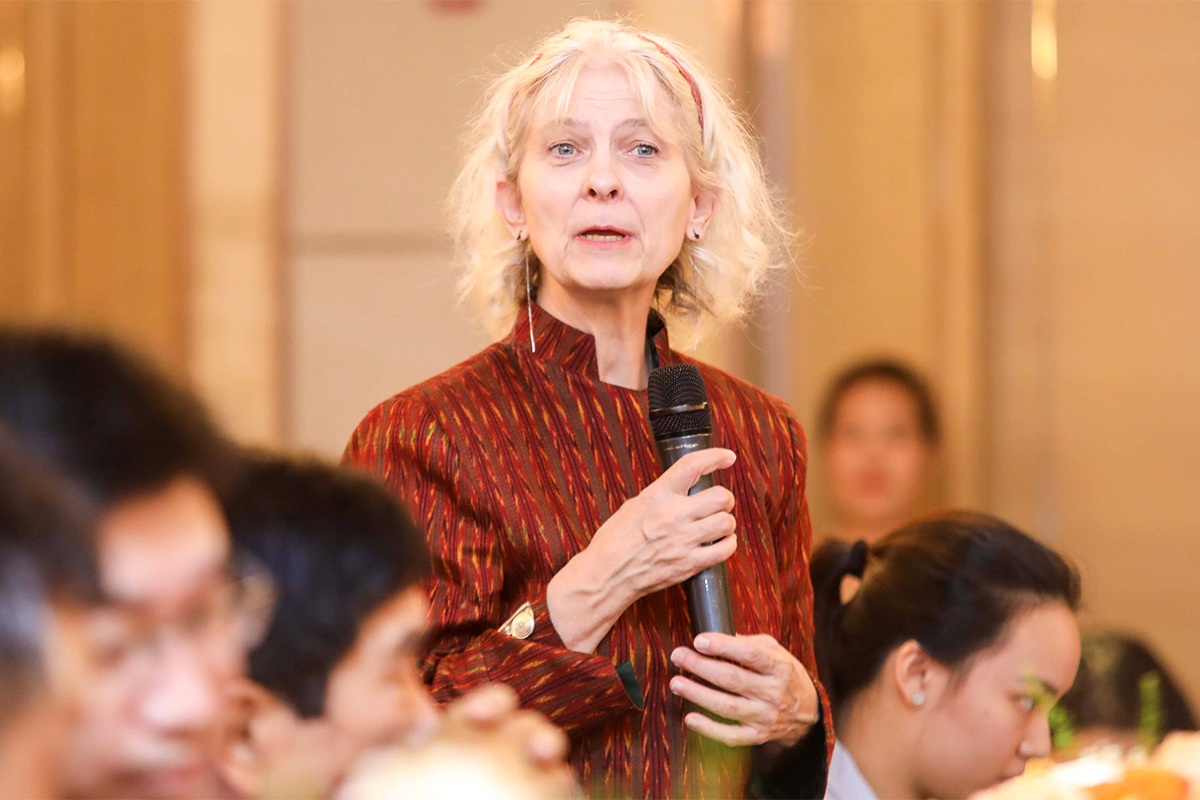
Dr. Tran Thi Hong Lien, Deputy Director of the Office of Employer Gender – Vietnam Confederation of Trade and Industry (VCCI): Only 29% of FDI enterprises and 27% of Vietnamese enterprises rated employees as meeting business needs. That shows significant challenges for human resources in general and the elevator industry in particular. The elevator industry needs to properly assess human resource needs, thereby linking training with practice to achieve efficiency. The training program framework needs to be standardized, approaching international training programs. Building a 4.0 education system, training short-cuts to seize opportunities to create quality human resources, serving not only the domestic market but also exporting experts and high-class technicians to the market international labor.
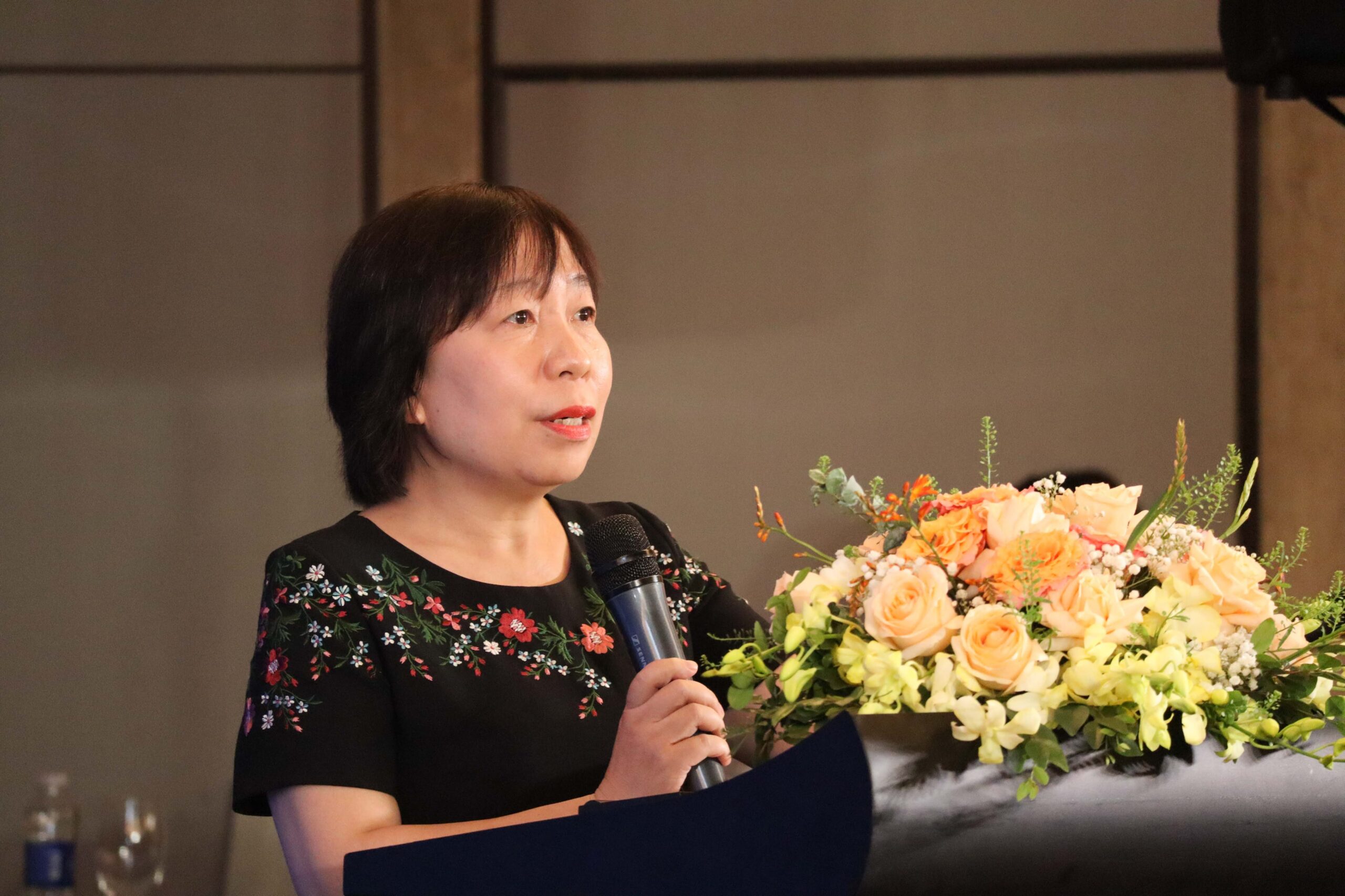
Assoc. Dr. Nguyen Thi Viet Huong, Deputy Director General of the General Department of Vocational Education and Training, Ministry of Labour, Invalids and Social Affairs: We fully support that we must have industry codes and standards. As for the procedure, the documents, the roadmap, the steps to demonstrate the implementation conditions, we have assigned to the specialized units of the General Department. Here, the Ministry’s responsibility is very high in that there are two specialized departments directly dealing with this problem, the Department of Formal Training and the Department of Vocational Skills

Dr. Nguyen Chi Truong, Director of the Department of Vocational Skills, General Department of Vocational Education and Training, Ministry of Labour, Invalids and Social Affairs: Employment Law and Decree 31/2015/ND-CP have clear regulations on jobs with potentially dangerous to workers or the community, arduous, toxic, etc. requires a National Certificate of Occupational Skills. Why do the characteristics of the elevator industry have similar properties but not yet applied?
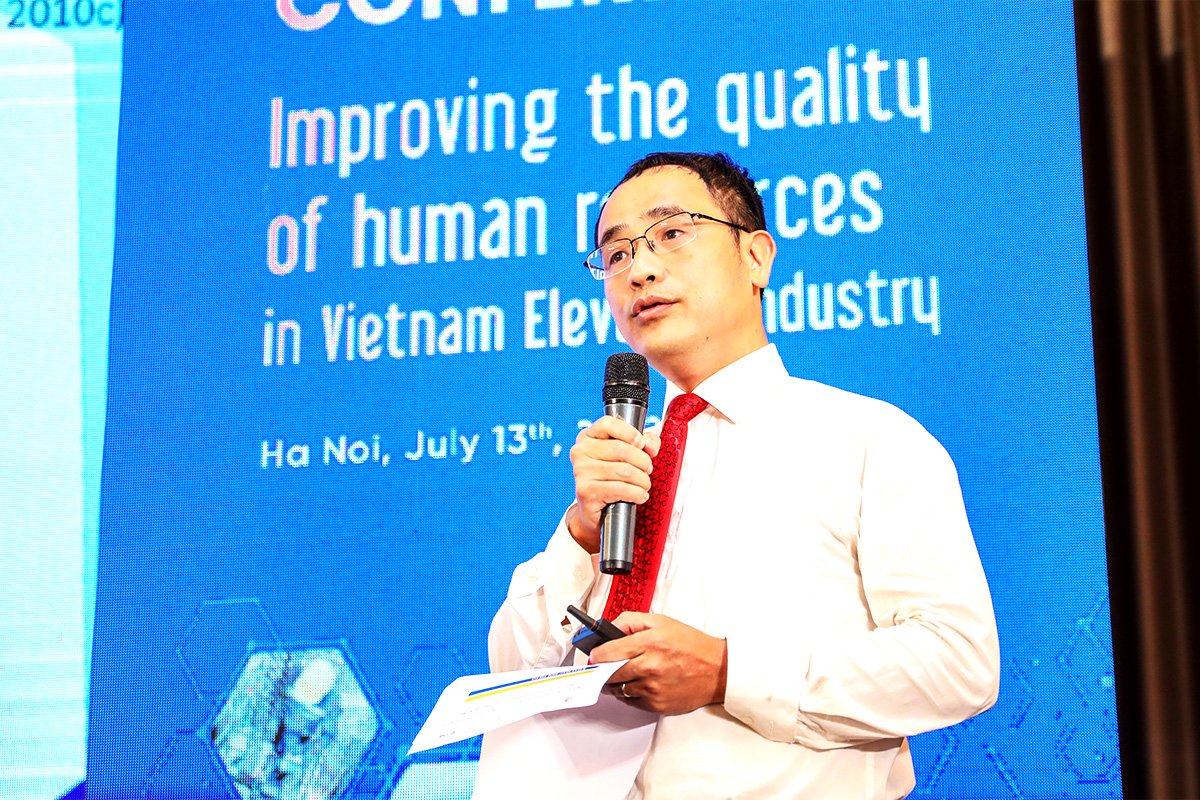
Dr. Pham Xuan Khanh, Chairman of the Council of Hanoi High-Tech Vocational College (HHT): Requesting the Ministry of Labor, Invalids and Social Affairs and the General Department of Vocational Education and Training to include the elevator engineering profession in the list of training professions to create and develop National Occupational Skills Standards and adopt policies to encourage enterprises to employ trained workers in order to help Vietnam’s elevator and escalator industry develop sustainably, provide services, the best techniques for the industry, contributing to the country’s socio-economic development.
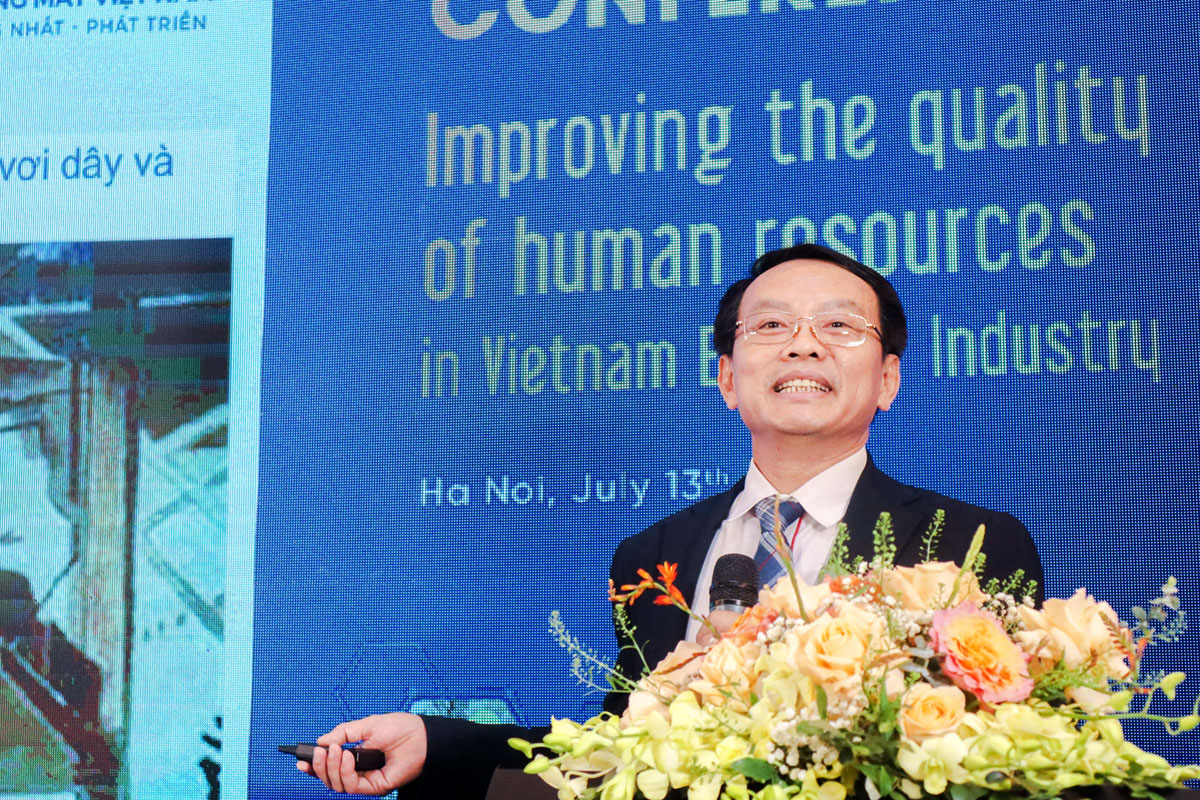
Dr. Le Dinh Kha, Rector of Cao Thang Technical College: In recent years, the reality is that students graduate from colleges and universities but lack basic skills, suitable for finding a job or starting a business on their own. This creates a gap between skills needed for employment and skills that job seekers possess. Therefore, establishing a bridge to bridge the gap above by cooperation and partnership between schools and businesses to develop professional skills for students, students respond to rapid innovation of modern technology and related professions after graduation is essential.

Mr. Nguyen Van Tung, Technical Director of Thien Nam Elevator Joint Stock Company: Many companies operate in the field of elevators but do not understand elevators well. Or learning about Elevator Standards and Regulations does not seem to be of interest to many businesses. In the immediate future, we see the need for basic training courses to supplement knowledge, or specialized courses on elevator engineering. With nearly 30 years of experience in manufacturing and performing domestic elevator installation, maintenance and repair services, we have some experience and are still learning to improve our knowledge and create new solutions. better products, safer, not only providing quality elevator products for the domestic market but also for export.
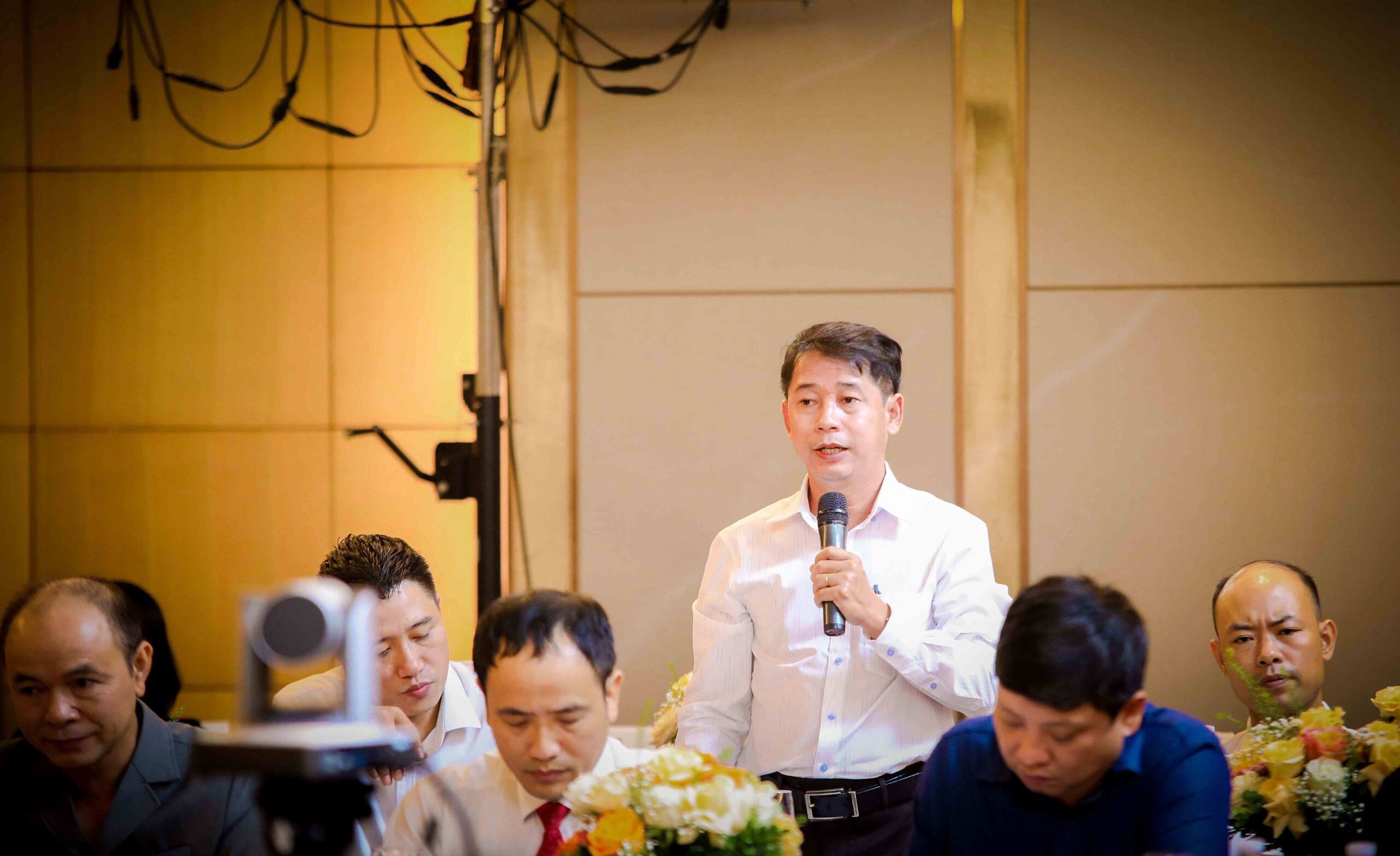
Mr. Nguyen Quoc Hiep, Chairman of the Vietnam Association of Construction Contractors (VACC): Vietnamese contractors already have fair competition in construction businesses in the region, but our elevators are very unfortunate, that has not been achieved and it can be said that this is what I think the Vietnam Elevator Association, in addition to advising on building standards of professional skills, should pay attention to building the force, building resources, improve the quality of human resources and support elevator businesses. We need to shape this soon so that the elevator business can compete.
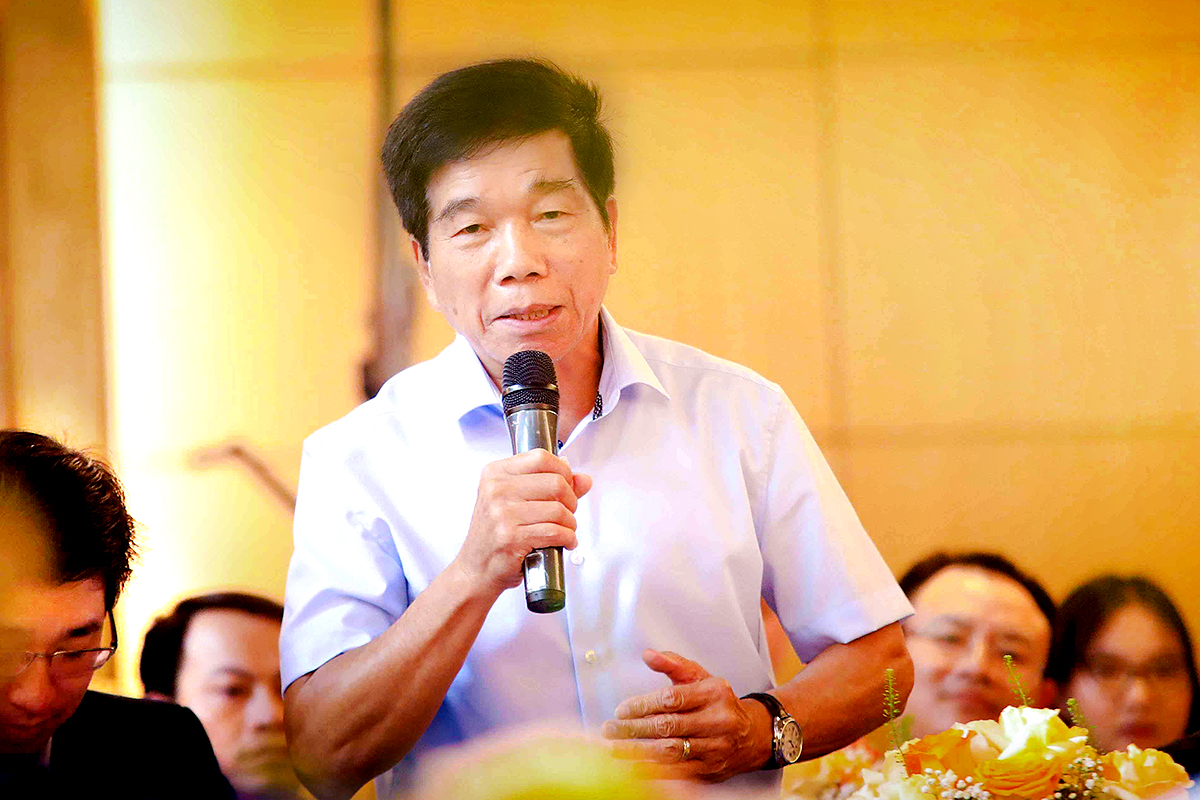
Mr. Le Viet Hai, Chairman of Hoa Binh Construction Group: The elevator industry is closely associated with the construction industry. We gradually not only conquer the market of 100 million people in the country but also have to aim for the market of 8 billion people in the world. The problem is to standardize the training of human resources for the elevator industry, especially interested in design and manufacturing.

Mr. Do Tien Long, Chairman of the OD Click Expert Council: Business leaders must switch from thinking of using and exploiting labor to investing in human resources as an asset, deciding whether the business will survive and develop or not. Training for employees at the enterprise is both a driving force for business development and social responsibility. If we still use labor in an exhaustive way, then I think that the 9x and later will not follow the business.
